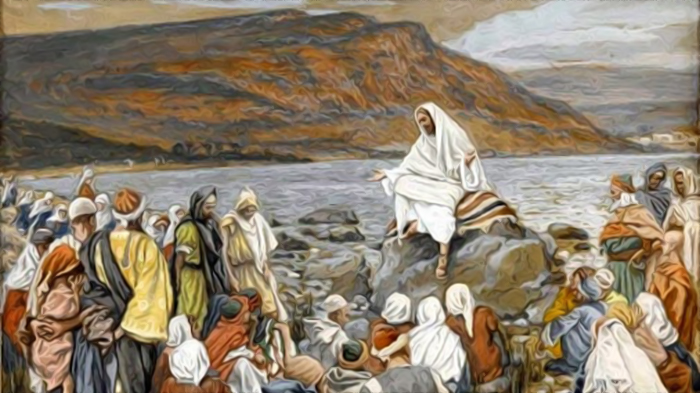
St. John Paul II writes that in giving life to man, God demands that he love, respect, and promote life. The gift thus becomes a commandment, and the commandment is itself a gift. The precepts of the Lord are a gift of grace entrusted to man always and solely for his good, preservation of his personal dignity, and pursuit of his happiness. By working these cures, our Lord shows that he is both God and Man. He cures by his divine power and by using his human nature. In other words, only in the Word of God become man is the work of our Redemption effected, and the instrument God used to save us was the human nature of Jesus—his body and soul—in the unity of the person of the Word. St Thomas Aquinas speaks to this crowding around Jesus, which Christians repeat throughout all time: “The holy human nature of our Lord is our only route to salvation; it is the essential means we must use to unite ourselves to God. Thus, today, we can approach our Lord using the sacraments, especially and pre-eminently, the Eucharist. And through the sacraments there flows to us, from God, through the human nature of the Word, a strength which cures those who receive the sacraments with faith.” Fr. Rolheiser writes that God is not just a noun but also a verb. God is not just a person but also a particular flow of life, receptivity, and gratitude between three persons. Inside of God, there is a kind of family life going on. Jesus has assured us that when we give and receive from each other within a family, when we break open our lives, hearts, joys, frustrations, egos, agendas, and finances and share these with each other, we are letting the life of God flow through us. We are giving skin to the inner life of the Trinity.
